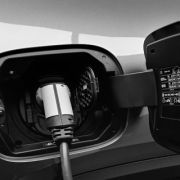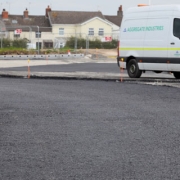New legislation is being introduced to regulate UK smart charge points and cables for electric cars. This comes after the growing popularity of private electric car ownership, replacing diesel and petrol car models faster than previously anticipated.
The UK Government will oversee the implementation of new legislation designed to regulate / encourage how and when EV energy consumers use smart EV charging points at home and at work.
The increase in private ownership of electric cars has been precipitated by the Paris Agreement after COP 21. Expedited in 2022 after COP 26, where net-zero emission targets were locked into be reached by 2050. And with grants available for the adoption of electric vehicles over petrol or diesel vehicles, more people than ever before are choosing to make the switch.
As a direct result of these factors, new legislation has been drafted for enforcement in June 2022 to ensure that the national grid can keep up with the soaring demand for electricity from the surge in electric vehicle ownership.
The new legislation aims to introduce regulation that provides a more flexible and streamlined range of energy systems across the nation. These regulations are for private charge points that are sold for use in workplace or home environments.
However, the new regulations do not cover chargers sold in Nothern Ireland, chargers sold before June 30th 2022, chargers that are intended for use elsewhere outside Great Britain, or chargers intended for use as public charging points.
It is the intention that by implementing these changes for private charging points, that the national grid will be able to supply appropriate amounts of electricity to those who need it. It is also the intention of this legislation to ensure the national grid remains stable.
The regulations that are being introduced are designed to standarize device-level requirements of new smart charging points and cables sold after enforcement of the legislation has begun.
The purpose of smart functionality of charging points is to encourage charging when there’s less demand on the national grid or when more renewable energy is available.
For users of electric vehicles, this means that new smart charging equipment purchased after the enforcement date will incorporate randomised delay function and pre-set, off peak charging hours by default. All this will be pre-programmed into the smart chargers themselves during the manufacturing process.
Default pre-set, off peak charging times can be removed and or changed during or after initial setup to suit your schedule.
The randomised delay function is designed to regulate how many EVs are charging from the national grid at any one given time. This is to prevent too many people charging their electric vehicles at the same time and putting stress on the national grid during peak times.
These regulations will be rolled out and enforced across the nation on 30th June 2022. Many companies that deal in electric car parts and accessories are already prepared for these changes with compliant charger models.







